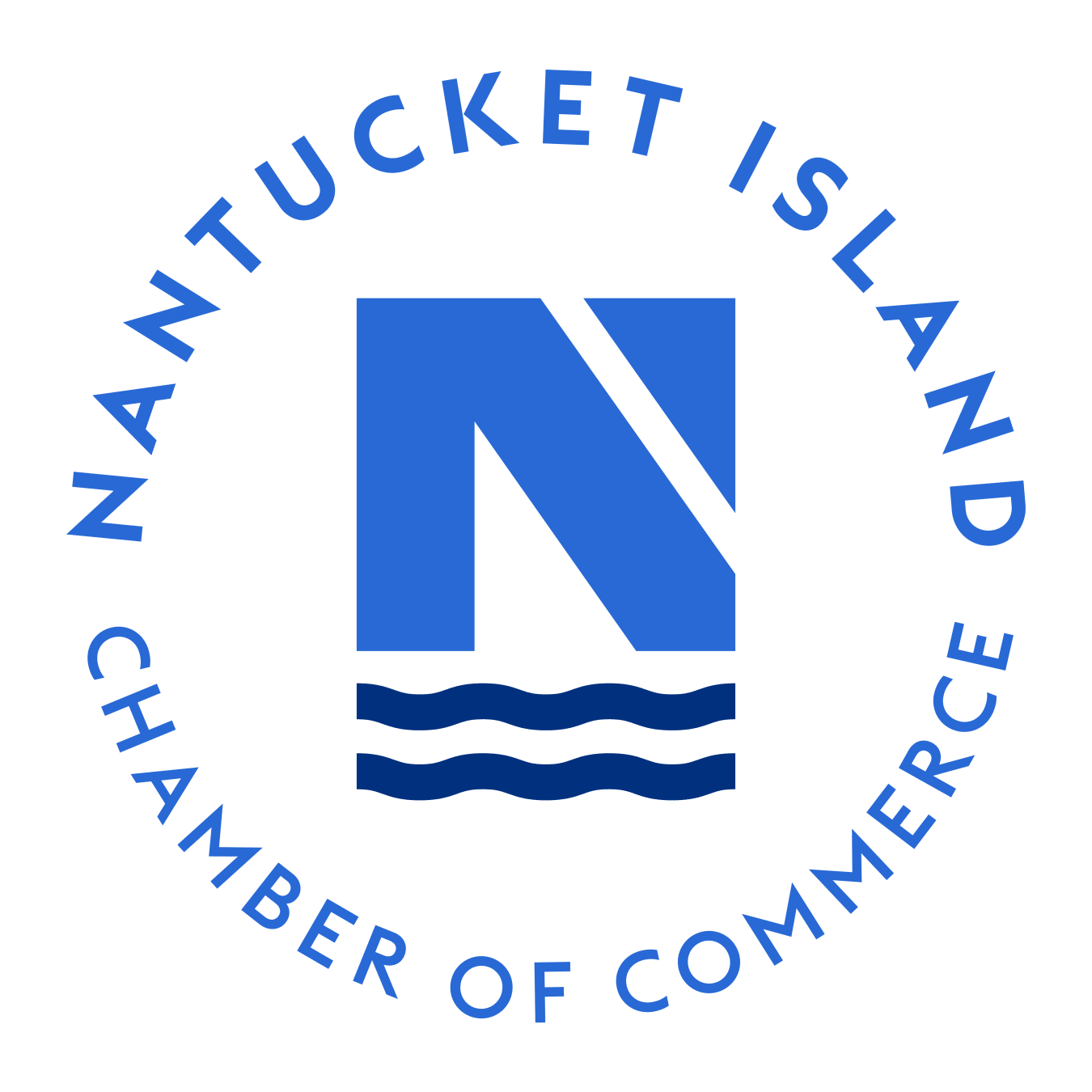NFF Alum Ben Niles Talks Some Kind of Spark
/Ben Niles' Some Kind of Spark is an insightful look inside Julliard's Music Advancement Program for underprivileged, inner-city children from the ages of 8 to 14. We spoke to NFF alum Niles (Note By Note) about his relationship to music and his filmmaking process.
NFF: What led you to Juilliard's Music Advancement Program? Your previous film looked at the creation of a Steinway, so it begs the question: do you have a personal background in music?
Ben Niles: I don’t have a musical background but have made several attempts to learn guitar and piano in the past. I just didn’t have the patience to keep after it. I begged my mother to teach me piano but had no patience as a kid. I took guitar lessons three times over the years, and even dragged a set of drums to perform Elton John’s SOMEONE SAVED MY LIFE TONIGHT in front of my class in 3rd grade. But we always had music playing in the house and I’m absolutely a firm believer in the benefits of music education.
I was drawn to my first feature NOTE BY NOTE (which also played at Nantucket) because it represented a dying breed of hand-craftsmanship that we don’t see much of these days, not necessarily the musical aspect of it.
The story behind SOME KIND OF SPARK inspired me when I read an article in the NYT about inner-city kids in an outreach music program at the Juilliard School. Sadly, the article was about the lack of funding and the danger of the program folding. I find it puzzling that the benefits of music education are so profound and well documented and yet, our society does not embrace it in the schools. The kids in SPARK come from communities that struggle with arts funding, like most, and it was inspiring to see them grow in so many ways through their music education. As one of the teachers, Bill Ruyle, so aptly put it, “you don’t have to become a musician to benefit from music or music education. It can inform you in many ways. It’s about being a human being.
NFF: You shot the film over a two year period -- how long did it take to edit all that footage, and what were some of the hardest decisions you had to make in the editing room?
Niles: We filmed SPARK over a 2+ year period and another year of editing. In the film we follow 6 kids but we documented about 13 over time. It was difficult to pin-point the group we really wanted at first. We were coming in very cold as no one had been allowed to film this program before and there were 60 kids at the first audition. That was tough in itself but then editing kids out after all their time and openness was hard. I tried to remind the families often that this could happen but surely there was some disappointment. But the hardest call was keeping in the scene where Ami has a very difficult recital. My editor, Sara Pellegrini, and I wrestled with this for weeks. It’s a hard scene to watch and we were sensitive to Ami having to relive this over and over. I screened the film for her and her mother and we discussed why we wanted it in. (It’s true to form for any musician and helped illustrate that learning/playing music is not all a bed of roses.) The next day, Ami’s mother called me and we discussed it further. in the end, it was their call and I’m pleased they gave their consent. Now, when Ami comes to festivals, she gets a standing ovation for her bravery and perseverance. She deserves every bit.
NFF: What was it like working with such a large cast of children and educators?
Niles: Working with a large cast of students and educators was difficult, at best. I learned a lot from this but each of our kids and teachers in the film represented something we felt we needed. Everyone was terrific to work with but logistically, it was a challenge and certainly made Sara’s job that much harder. Juilliard was great to give us such unfettered access but filming in any institution like that always has a certain amount of red tape involved. As a documentary filmmaker, I don’t have 3-4 people on staff to assist with stuff like that so any similar scenario like this in the future would have to be met with more support.
NFF: Do you have another project in the works yet?
Niles: I am very excited about another project I am currently on. Quite a departure from my first two films, STILL WE RISE is a feature length doc about 3 mental health clinicians in war-torn Liberia. I am co-directing with Molly Raskin, a seasoned journalist and filmmaker for the PBS News Hour, among others.
Liberia has only one practicing psychiatrist for a country of 4 million and 40% are believed to have PTSD—not to mention the trauma from the recent Ebola crisis. Our film follows Quendi, Helena and Aaron, all survivors of the war, as they attend school and ultimately graduate as the first class of mental health clinicians determined to help heal their country. Their perseverance and fortitude is palpable and inspiring to watch. The film is in production and we will return for a final round of filming later this summer with an eye on a finished edit early next year.





